-
IP addresses are NOT logged in this forum so there's no point asking. Please note that this forum is full of homophobes, racists, lunatics, schizophrenics & absolute nut jobs with a smattering of geniuses, Chinese chauvinists, Moderate Muslims and last but not least a couple of "know-it-alls" constantly sprouting their dubious wisdom. If you believe that content generated by unsavory characters might cause you offense PLEASE LEAVE NOW! Sammyboy Admin and Staff are not responsible for your hurt feelings should you choose to read any of the content here. The OTHER forum is HERE so please stop asking.
You are using an out of date browser. It may not display this or other websites correctly.
You should upgrade or use an alternative browser.
You should upgrade or use an alternative browser.
Do you know cancer can cause blood clots?
- Thread starter ginfreely
- Start date
If you have cancer and are undergoing cancer treatment, you can protect your health by learning about your risk for life-threatening blood clots.
Get the facts.
Blood clots affect 900,000 people in the United States each year.1 in 5 blood clots are related to cancer and its treatment.
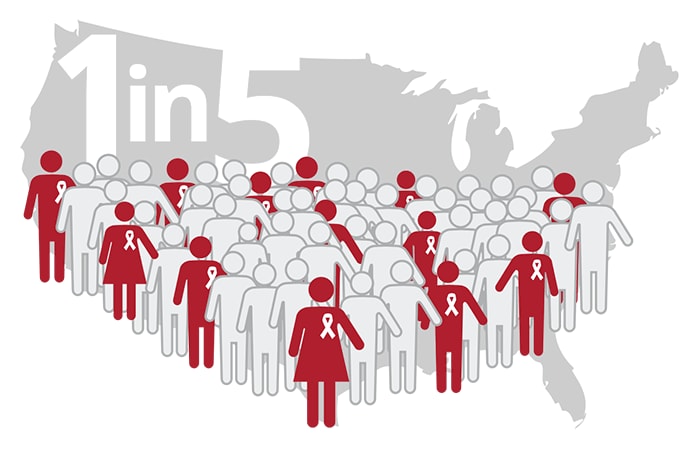
Among people with cancer, survival rates are lower for people who also have blood clots.
The risk of a dangerous blood clot is greatest in the first few months after a cancer diagnosis, the time when treatment generally occurs.
Signs and symptoms of a blood clot in a person’s leg or arm may include:
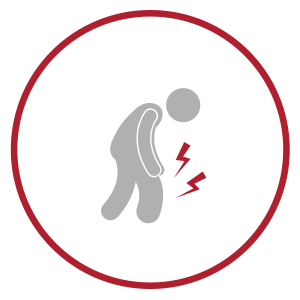
Swelling
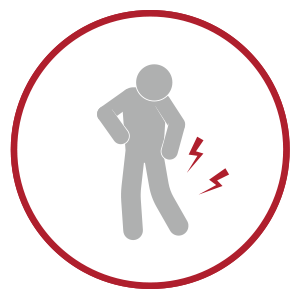
Pain or tenderness not caused by injury
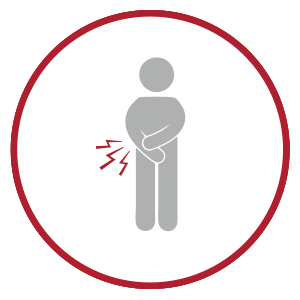
Skin that is warm to the touch
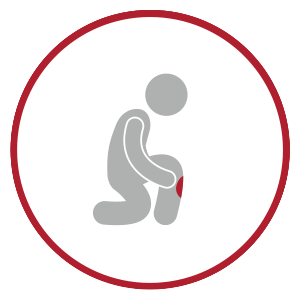
Redness or discoloration of the skin
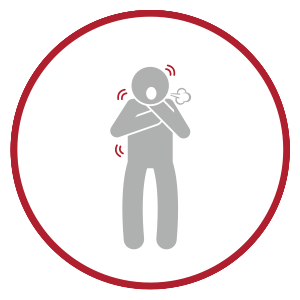
Difficulty breathing
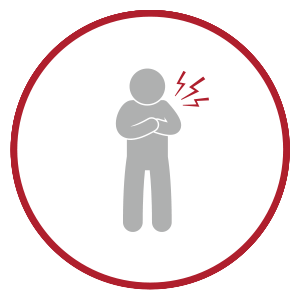
Chest pain that worsens with a deep breath or cough
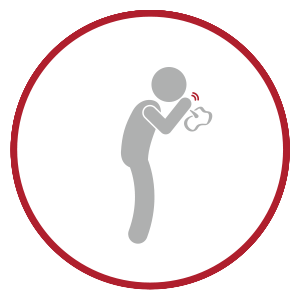
Coughing up blood
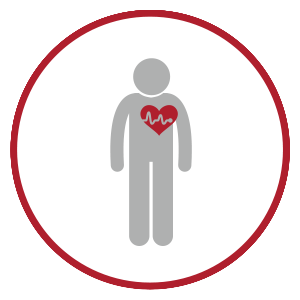
Faster than normal or irregular heartbeat
Swelling
Pain or tenderness not caused by injury
Skin that is warm to the touch
Redness or discoloration of the skin
Seek immediate medical attention if you experience any of these signs or symptoms of a blood clot.
Signs and symptoms of a blood clot in a person’s lung may include:Difficulty breathing
Chest pain that worsens with a deep breath or cough
Coughing up blood
Faster than normal or irregular heartbeat
This youtuber that had brain surgery ten weeks ago suffers shortness of breath and chest pressure is suspected to have chronic blood clot in the lungs that needs VQ scan to confirm (CT scan shows no blood clot).
has your stomach tumor spread to your karchng yet? it’s important to check karchng regularly. don’t want a clog there. otherwise pang sai very painful.
When did I say I have stomach tumor? I am one step away okay? Pui!has your stomach tumor spread to your karchng yet? it’s important to check karchng regularly. don’t want a clog there. otherwise pang sai very painful.
heng ah! can still live and listen to whistles, firecrackers, knockings for another 6.9 years.When did I say I have stomach tumor? I am one step away okay? Pui!
Ya hopefully my surveillance scopes can catch it at stage 0 if not stage 1 will be 65%, stage 2 35% survivival after five years etc.heng ah! can still live and listen to whistles, firecrackers, knockings for another 6.9 years.
Ya hopefully my surveillance scopes can catch it at stage 0 if not stage 1 will be 65%, stage 2 35% survivival after five years etc.
Are there any blood clots in your cb from menopause, or blood clots in your brain that causes you to become a delulu?
Stage groups for stomach cancer
Doctors assign the stage of the cancer by combining the T, N, and M information (see above) to say what stage the cancer is.Stage 0: This is also called carcinoma in situ. The cancer is found only on the surface of the epithelium. The cancer has not grown into any other layers of the stomach. This stage is considered an early cancer (Tis, N0, M0).
Stage IA: The cancer has grown into the inner layer of the wall of the stomach. It has not spread to any lymph nodes or other organs (T1, N0, M0).
Stage IB: Stomach cancer is called stage IB in either of these 2 conditions:
- The cancer has grown into the inner layers of the wall of the stomach. It has spread to 1 to 2 lymph nodes but not elsewhere (T1, N1, M0).
- The cancer has grown into the outer muscular layers of the wall of the stomach. It has not spread to the lymph nodes or other organs (T2, N0, M0).
- The cancer has grown into the inner layer of the wall of the stomach. It has spread to 3 to 6 lymph nodes but not elsewhere (T1, N2, M0).
- The cancer has grown into the outer muscular layers of the wall of the stomach. It has spread to 1 to 2 lymph nodes but not elsewhere (T2, N1, M0).
- The cancer has grown through all of the layers of the muscle into the connective tissue outside the stomach. It has not grown into the peritoneal lining or serosa or spread to any lymph nodes or surrounding organs (T3, N0, M0).
- The cancer has grown into the inner layers of the wall of the stomach. It has spread to 7 to 15 lymph nodes but not elsewhere. (T1, N3a, M0).
- The cancer has invaded the outer muscular layers of the wall of the stomach. It has spread to 3 to 6 lymph nodes but not elsewhere (T2, N2, M0).
- The cancer has grown through all of the layers of the muscle into the connective tissue outside the stomach but has not grown into the peritoneal lining or serosa. It has spread to 1 to 2 lymph nodes but not elsewhere (T3, N1, M0).
- The cancer has grown through all of the layers of the muscle into the connective tissue outside the stomach. It has grown into the peritoneal lining or serosa, but it has not spread to any lymph nodes or surrounding organs (T4a, N0, M0).
- The cancer has grown into the outer muscular layers of the stomach wall. It has spread to 7 to 15 lymph nodes but not to other organs (T2, N3a, M0).
- The cancer has grown through all of the layers of the muscle into the connective tissue outside the stomach but has not grown into the peritoneal lining or serosa. It has spread to 3 to 6 lymph nodes but not to other organs (T3, N2, M0).
- The cancer has grown through all of the layers of the muscle into the connective tissue outside the stomach. It has grown into the peritoneal lining or serosa and has spread to 1 to 2 lymph nodes but not to other organs (T4a, N1, M0).
- The cancer has grown through all of the layers of the muscle into the connective tissue outside the stomach and has grown into nearby organs or structures. It has not spread to any lymph nodes or distant parts of the body (T4b, N0, M0).
- The cancer has grown into the inner layer of the wall of the stomach or the outer muscular layers of the stomach wall. It has spread to 16 or more lymph nodes but not to distant parts of the body (T1 or T2, N3b, M0).
- The cancer has grown through all of the layers of the muscle into the connective tissue outside the stomach but has not grown into the peritoneal lining or serosa. It has spread to 7 to 15 lymph nodes but has not invaded any surrounding organs (T3, N3a, M0).
- The cancer has grown through all of the layers of the muscle into the connective tissue outside the stomach and has grown into the peritoneal lining or serosa. It has spread to 7 to 15 lymph nodes but has not spread elsewhere (T4a, N3a, M0).
- The cancer has grown through all of the layers of the muscle into the connective tissue outside the stomach and has grown into nearby organs or structures. It may or may not have spread to 1 to 6 lymph nodes but not to distant parts of the body (T4b, N1 or N2, M0).
- The cancer has grown through all of the layers of the muscle into the connective tissue outside the stomach and may have grown into the peritoneal lining or serosa. It has spread to 16 or more lymph nodes but not to distant parts of the body (T3 or T4a, N3b, M0).
- The cancer has grown through all of the layers of the muscle into the connective tissue outside the stomach and has grown into nearby organs or structures. It has spread to 7 or more lymph nodes but not to other parts of the body (T4b, N3a or N3b, M0).
Recurrent cancer: Recurrent cancer is cancer that has come back after treatment. It may be a localized recurrence, which means it has come back in the place where it started. Or it may be a distant metastasis, which means it has come back in another part of the body. If the cancer does return, there will be another round of tests to learn about the extent of the recurrence. These tests and scans are often similar to those done at the time of the original diagnosis.
https://www.cancer.net/cancer-types...e 0: This is also,other layers of the stomach.
You despicable Cantonese dog prostitute descendant are so proud to tell lies of me being mentally ill when it’s you vicious Cantonese dogs smearing and harassing me non stop with your Cantonese dog pride. Go to hell you evil coward liar criminal bullies. Pui!!Are there any blood clots in your cb from menopause, or blood clots in your brain that causes you to become a delulu?
To a person as suay as me, even 65% survival aka 35% non survival is as good as dead indeed.Ya hopefully my surveillance scopes can catch it at stage 0 if not stage 1 will be 65%, stage 2 35% survivival after five years etc.
Similar threads
- Replies
- 2
- Views
- 481
- Replies
- 0
- Views
- 534
- Replies
- 2
- Views
- 277
- Replies
- 6
- Views
- 395
